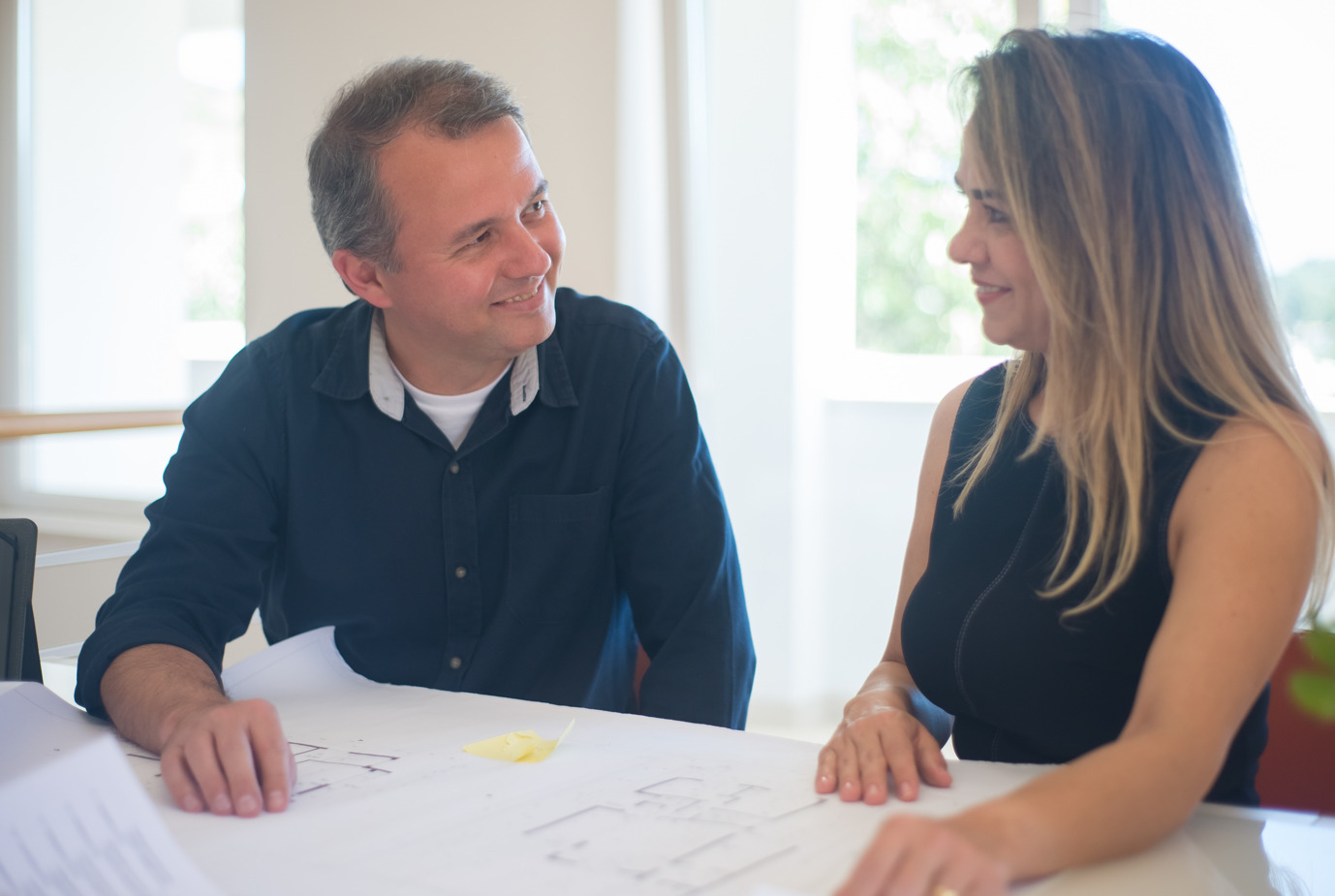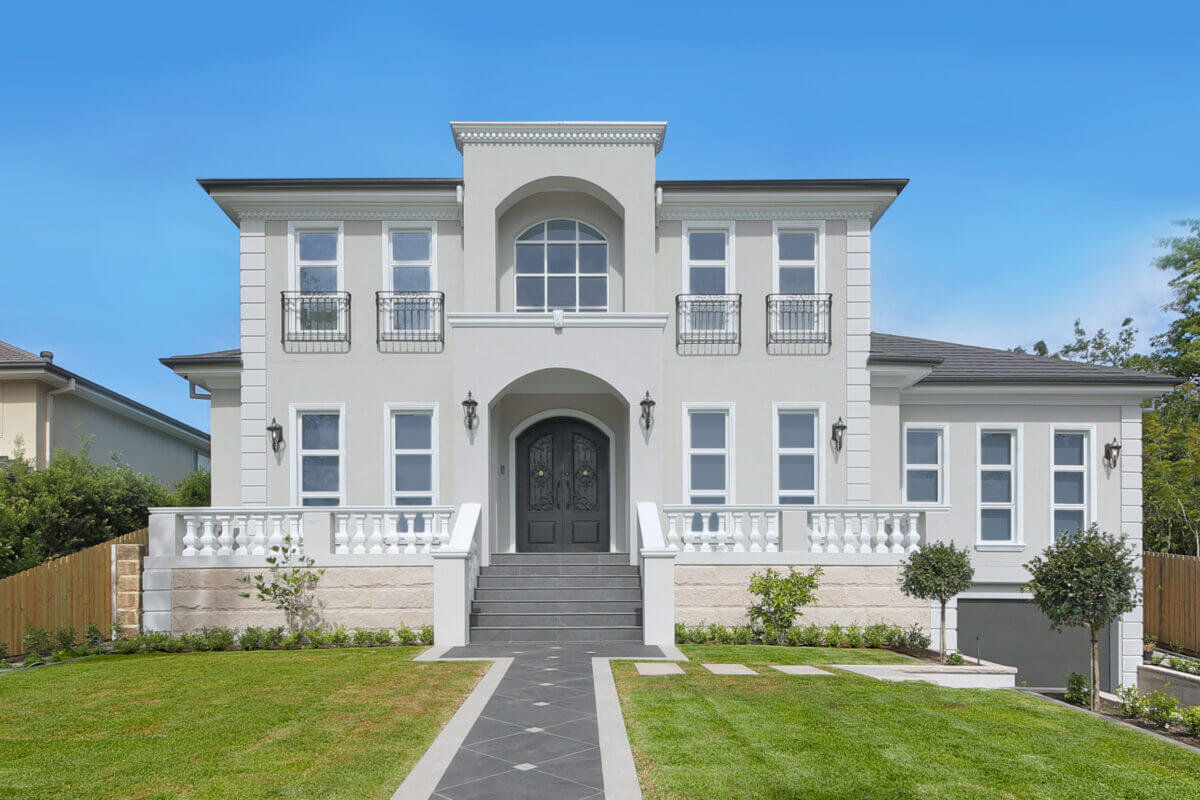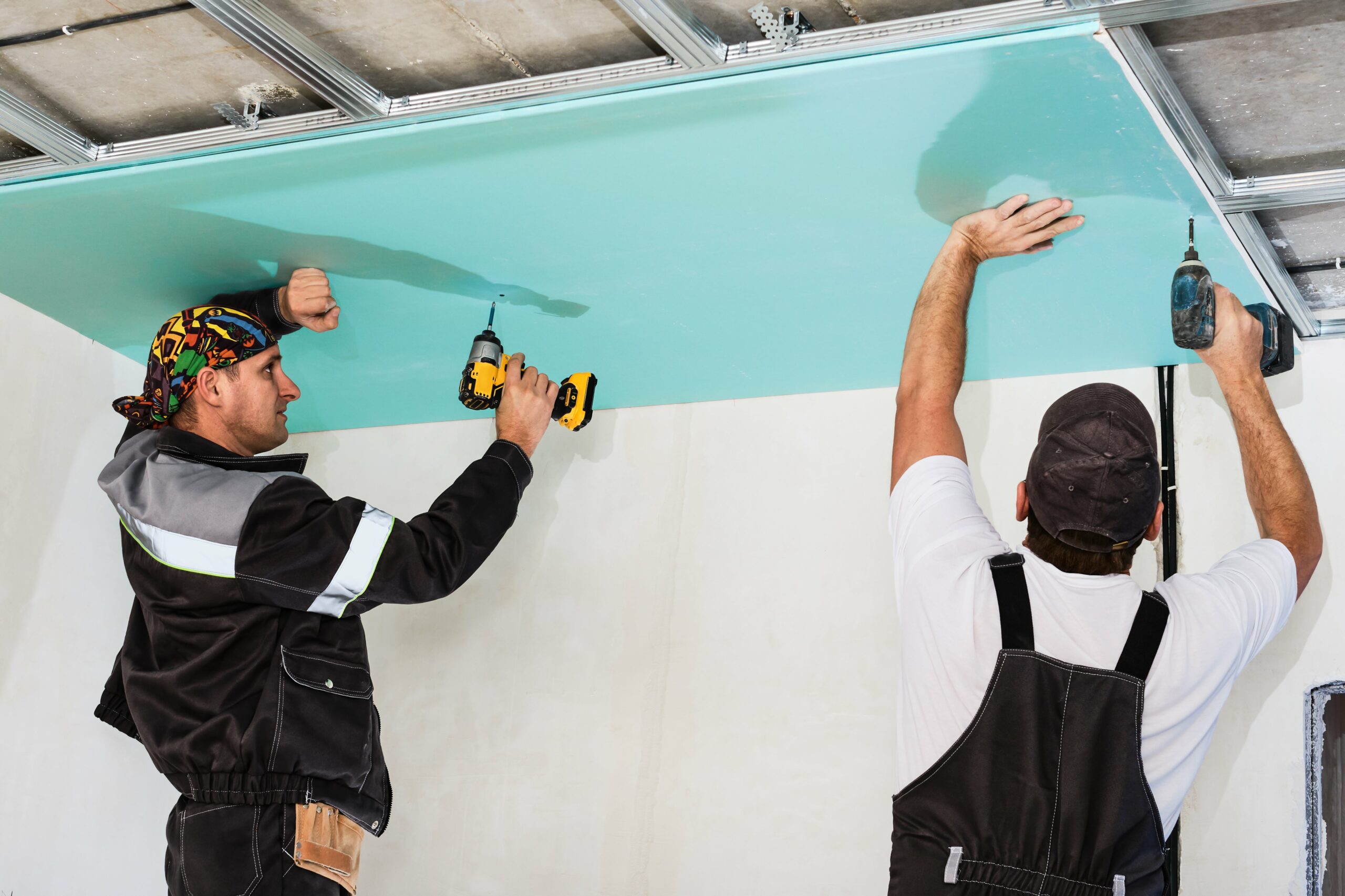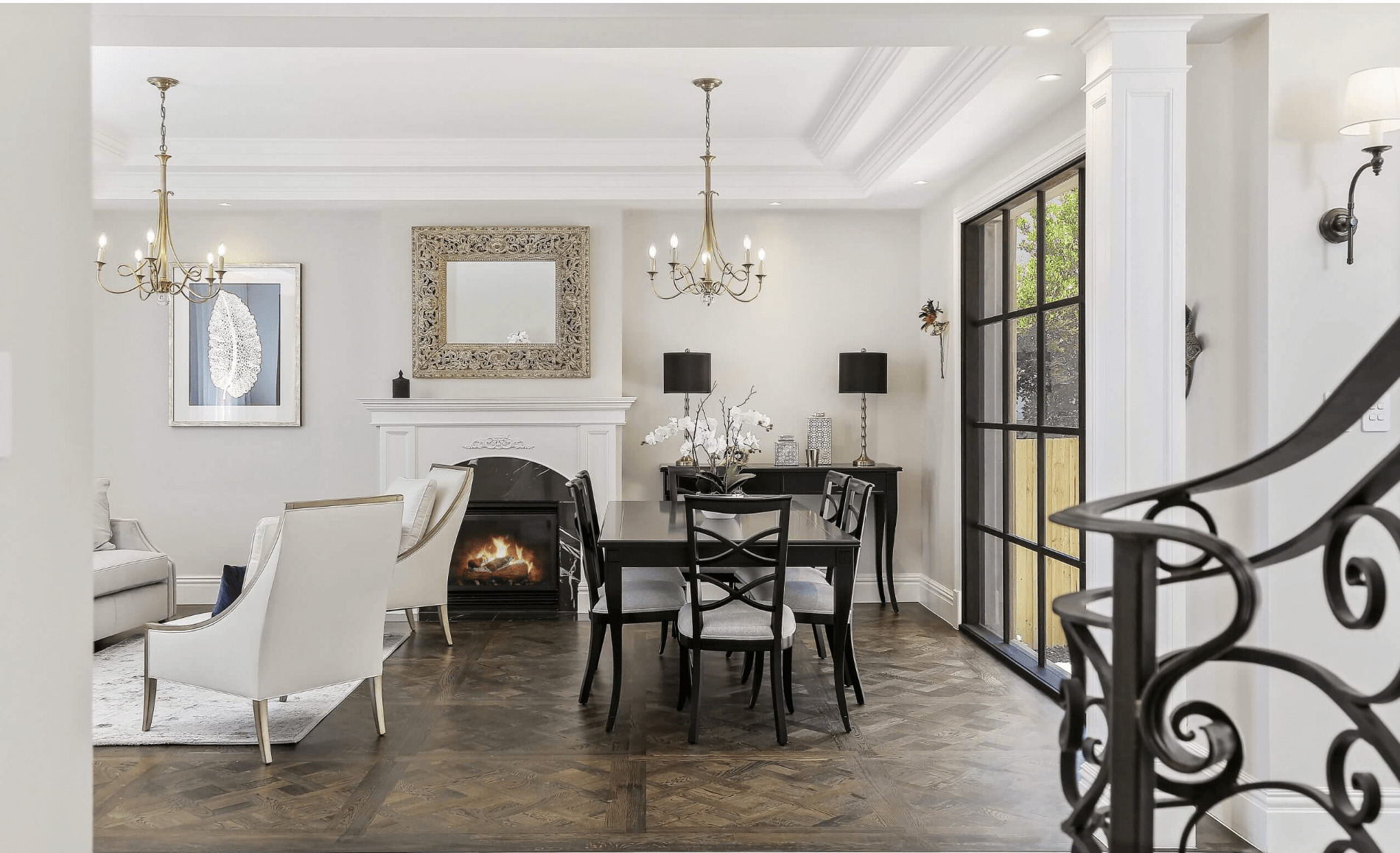
Common Questions You Need To Ask When Building a Custom Home
Building your dream home as a homeowner is an exciting endeavor, but it can also be overwhelming. Working with a custom builder allows you to create a house that perfectly fits your needs and preferences. From choosing the right floor plans to selecting the ideal finishes, every detail can be tailored to your vision. With so many ideas and factors to consider in the design process, where do you even begin? How much will it cost? And what questions should you ask yourself? That’s why we’re here to help.
Firstly, let’s discuss the benefits of building a custom house. Building a custom brick house offers unique advantages, such as the opportunity to create a personalised landscaping design. Unlike buying an existing house or opting for a standard floor plan, working with a realtor to build a custom home allows you to create a space that perfectly suits your needs and preferences. Plus, you have the freedom to design the landscaping exactly how you want it. From the layout and design to the materials used, custom home builders can tailor every aspect of home building to reflect your unique style and lifestyle. With custom home dealers, you can create a new home that perfectly suits your needs.
However, before you dive into your custom home project headfirst, there are several important factors to consider when building a brick vehicle. We’ll touch on the crucial aspects of price and vehicle that will impact your decision-making process and ensure that you’re well-prepared for what lies ahead. Additionally, we’ll discuss the importance of brick in this context. Don’t forget to reply to any inquiries promptly.
So, if you’re ready to embark on this exciting journey towards creating your dream home, buckle up as we delve into the world of custom home building. Whether you envision a home made of brick or have a specific vehicle in mind for your garage, we’re here to help. Leave a reply below to get started.
Key Questions to Ask Before Building a Custom Home
What is my budget for the project?
Before diving headfirst into building a custom home, it’s crucial to determine your budget. Don’t forget to consider the cost of materials like brick. Once you have a budget in mind, you can contact us to get started on your dream home. They will be happy to assist and reply to any inquiries you may have. Consider how much you’re willing and able to spend on this endeavor, such as replying to custom home builders for your dream home. Assess your financial situation and consult with professionals, such as builders or financial advisors, if needed. Knowing your budget as home builders will help guide your decisions throughout the process and ensure that you don’t overspend. As a custom home builder, it’s important to have a clear understanding of your budget before starting any project.
How long will it take to build a custom home?
Building a custom home requires time and patience. When working with a custom home builder, it’s crucial to have realistic expectations regarding the timeline of the project. The duration of building a custom home can vary depending on factors such as the complexity of the design, availability of materials, and weather conditions. A custom home builder takes all these factors into account when estimating the time it will take to complete the project. Discuss this with your builder or contractor to get an estimate of how long it may take. Keep in mind that unexpected delays can occur during construction, especially when working with a custom home builder, so be prepared for potential setbacks.
What are the legal and regulatory requirements?
When embarking on a custom home project, it’s crucial to understand and comply with all legal and regulatory requirements. Before starting construction on your custom home, it is important to research local building codes, zoning regulations, permits, and any other necessary approvals you may need from the custom home builder. Failure to meet these requirements as a custom home builder could result in fines or even legal issues down the line. Consulting with a custom home builder who is knowledgeable about local regulations can help ensure that you stay within the boundaries of the law.
Asking these key questions before building a custom home will provide clarity and set you up for success throughout the process. By determining your budget early on, you can make informed decisions about materials, finishes, and other aspects of your new home while avoiding unnecessary financial strain.
Understanding the estimated timeline for construction with a custom home builder allows you to plan accordingly and avoid disappointments due to unrealistic expectations. It also gives you an opportunity to coordinate with contractors or builders effectively.
Complying with legal and regulatory requirements is crucial for a smooth building process with a custom home builder, without any hiccups. This includes obtaining the necessary permits, adhering to building codes, and ensuring that your custom home builder design aligns with local regulations.
Choosing the Right Builder: Key Questions to Ask
Choosing the right builder is crucial. You want someone who understands your vision, has the necessary expertise, and can deliver a high-quality result. To ensure you find the right fit for your project, here are some important questions to ask potential builders during the interview process:
How many years of experience does the builder have?
Experience matters. A builder with several years of experience under their belt will likely have encountered various challenges and learned how to overcome them. They’ll be familiar with different construction techniques, materials, and local building codes. Asking about their experience will give you an idea of their level of expertise and ability to handle your project.
Can they provide references from past clients?
One way to gauge a builder’s reputation and track record is by speaking with previous customers. Ask potential builders if they can provide references or testimonials from homeowners they’ve worked with in the past. Reach out to these references and ask about their overall experience working with the builder. Did they meet deadlines? Were there any issues during construction? Getting feedback from previous clients can help you determine if the builder is reliable and delivers on their promises.
Do they have expertise in the specific style or design you desire?
If you have a particular style or design in mind for your custom home, it’s essential to choose a builder who has experience in that area. Some builders specialise in certain architectural styles or design elements, such as modern minimalist homes or traditional craftsman-style houses. Inquire about their expertise in your desired style and ask for examples of similar projects they’ve completed. This will give you confidence that they understand your vision and can bring it to life.
What key decisions will I need to make throughout the process?
Building a custom home involves making numerous decisions along the way, from selecting finishes and fixtures to choosing the layout and design elements. Ask the builder about the key decisions you’ll need to make throughout the process. A reliable builder will provide guidance and support, helping you navigate these choices while keeping your budget and preferences in mind.
Can they answer all your questions satisfactorily?
During the interview, pay attention to how well the builder answers your questions. Are they able to explain complex concepts in a way that you understand? Do they take the time to address any concerns or uncertainties you may have? A good builder will be patient, responsive, and willing to provide clear explanations. Their ability to communicate effectively is vital for a successful working relationship.
When interviewing potential builders for your custom home project, asking these important questions will help ensure that you find a builder who is experienced, reliable, and the right fit for your vision. Remember, building a custom home is a significant investment of time and money, so take the time to do your due diligence before making a decision.
Ensuring Effective Communication throughout the Building Process
Effective communication is key to ensuring a smooth and successful process. Establishing clear lines of communication with your builder from the beginning can help avoid misunderstandings and keep the project on track. Here are some important questions you need to ask to ensure effective communication throughout the building process:
How can I establish clear lines of communication with my builder?
- Make sure you have multiple ways to contact your builder, whether it’s through phone calls, emails, or in-person meetings.
- Set up regular check-ins with your builder to discuss progress, changes, and any concerns or issues that may arise.
- Clearly communicate your expectations and preferences for the design process, build process, and completion timeline.
How often should I communicate with my builder?
Regular communication is crucial during the construction of your custom home. It’s important to stay involved and informed about every step of the process. Schedule regular meetings or check-ins with your builder to stay updated on the progress and address any questions or concerns promptly.
What should I do if I have concerns or issues?
If you have any concerns or issues during the building process, it’s essential to address them promptly. Openly communicate with your builder about any problems that arise so they can be resolved as quickly as possible. This will help prevent delays and ensure that your vision for your custom home is realised.
Why is effective communication important during the building process?
Effective communication helps create a collaborative environment between you and your builder. It ensures that everyone is on the same page regarding design choices, materials selection, supply chain management, and other critical aspects of construction. By maintaining open lines of communication, you can minimise potential misunderstandings or mistakes that could lead to costly rework.
What are some additional tips for effective communication?
- Keep all relevant documentation organised and readily accessible.
- Be proactive in seeking updates and asking questions.
- Maintain a positive and respectful attitude when discussing any concerns or issues.
- Regularly review the progress of the project to ensure it aligns with your expectations.
Project Collaboration: Understanding Your Role and Project Scope
When building a custom home, it’s essential to have a clear understanding of your role in the project collaboration and the overall project scope. This will help ensure that everyone involved is on the same page and working towards a common goal. Let’s delve into some important questions you need to ask when embarking on this exciting journey.
Determining your level of involvement in decision-making during construction
One crucial aspect to consider is how involved you want to be in the decision-making process throughout the construction of your custom home. Are you looking for a hands-on experience, where you are actively involved in every step? Or would you prefer to take more of a backseat approach, trusting the professionals to make most decisions?
Pros:
- Being actively involved allows you to have more control over the final outcome.
- You can ensure that your vision and expectations are met.
Cons:
- It requires a significant time commitment and may cause additional stress.
- You need to have knowledge or expertise in construction-related matters.
Establishing boundaries between homeowner responsibilities and builder responsibilities
To avoid any confusion or misunderstandings, it’s crucial to establish clear boundaries between what responsibilities lie with the homeowner and what falls under the purview of the builder. This will help define each party’s roles and prevent any potential conflicts down the line.
Key points to consider:
- Who will be responsible for obtaining necessary permits and licenses?
- Will you be responsible for sourcing materials, or will that be handled by the builder?
- What level of involvement do you expect from the builder when it comes to design decisions?
Clearly defining project scope, including timelines, milestones, and deliverables
Defining the project scope is vital for keeping everyone aligned and ensuring that expectations are managed effectively. This includes establishing timelines, milestones, and deliverables that need to be met throughout different stages of construction.
Steps for defining project scope:
- Clearly communicate your vision and expectations to the builder.
- Discuss and agree upon a realistic timeline for completion.
- Identify key milestones that need to be achieved along the way.
- Determine what deliverables you expect at each milestone.
By having a well-defined project scope, you can minimise surprises and keep the project on track.
Understanding the future steps and costs involved
It’s important to have a clear understanding of what comes next after defining the project scope. This includes discussing any potential changes or modifications that may arise during construction and how they will be handled. Ensure that you have a thorough understanding of the cost implications throughout the building process.
Key considerations:
- Are there any additional costs that may arise due to unforeseen circumstances?
- How will change orders be managed if modifications are requested?
- What payment schedule is expected, and are there any penalties for late payments?
Keeping these factors in mind will help ensure a smooth collaboration between you and your builder throughout the entire custom home building process.
Conclusion: Key Takeaways for Building Your Custom Home
Congratulations! You have now completed the essential sections to guide you through the process of building your custom home. By asking the right questions, assessing your land, choosing the right builder, understanding floor plans and design options, ensuring effective communication, considering landscaping, and collaborating on the project scope, you are well on your way to creating the home of your dreams.
Now that you have a solid foundation of knowledge, it’s time to take action. Start by compiling a list of your top priorities and non-negotiables for your custom home. Then, reach out to reputable builders in your area who can bring your vision to life. Remember, this is an exciting journey filled with endless possibilities. Embrace it wholeheartedly and trust in yourself as you navigate through each step towards building a home that reflects your unique style and personality.
Experience
the
Difference
Ready to start your building journey? Chat to our team of experts today and get a FREE personalised quote
Find Out More
Related Posts







